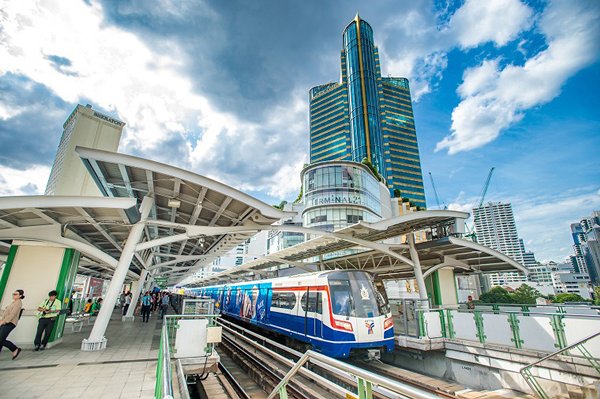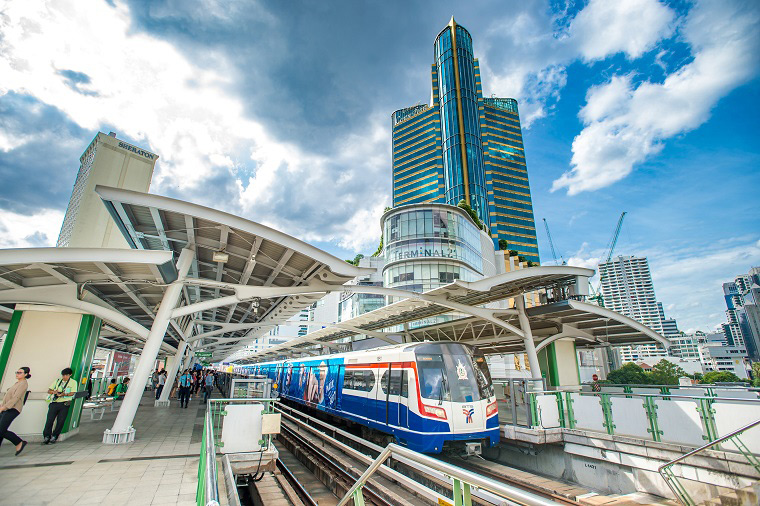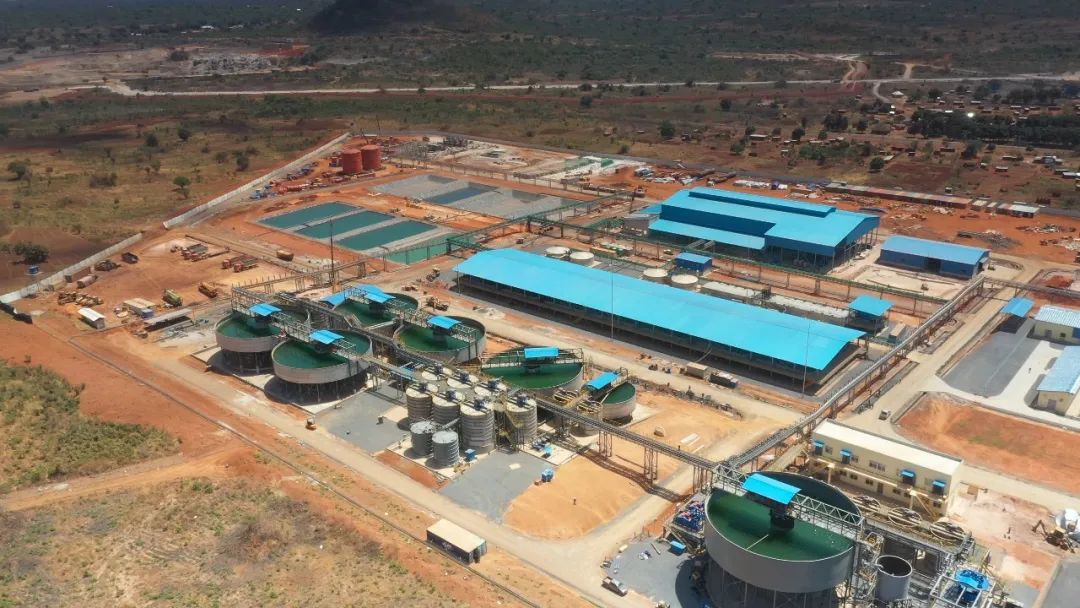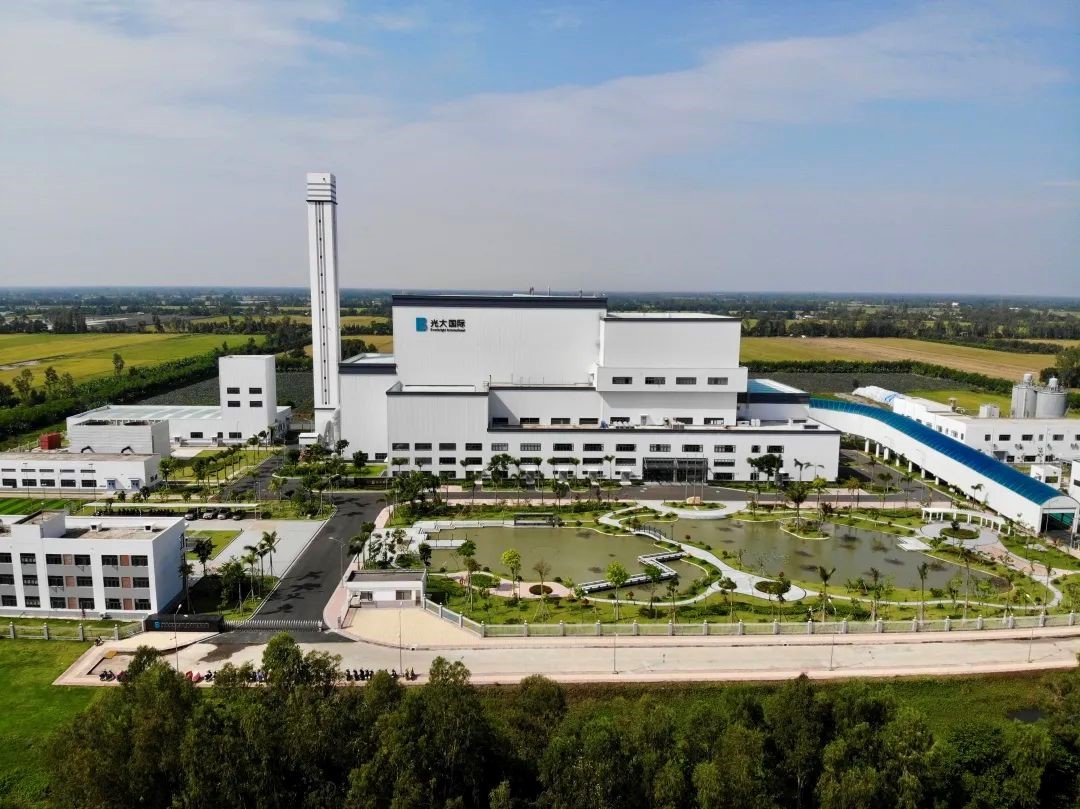Alignment of BRI and Thailand 4.0 Triggers Bumper China Investment
With China and Thailand identifying joint economic objectives, Beijing has loosened its purse strings still further.

Following the Thai Government's recent formal adoption of the EEC (Eastern Economic Corridor) Act, it's now all systems go for the country's Thailand 4.0 development strategy, a programme expected to neatly dovetail into the objectives of China's Belt and Road Initiative (BRI). Moves to more closely align the Thai economic strategy with China's own international infrastructure development and trade facilitation programme began back in 2017, with the growing trade between the two countries now helping to oil the requisite bureaucratic wheels.
In a formal address last month, Prayut Chan-o-cha, the Thai Prime Minister, highlighted the existing synergy between the two developmental blueprints, saying: "It's natural, logical, and mutually-beneficial that the EEC should link-up with the BRI, as well as with other regional initiatives, such as the Regional Comprehensive Economic Partnership (RCEP) or even the Trans-Pacific Partnership (TPP)."
In order to fully capitalise on these emerging synergies, the two countries have already agreed to establish a joint economic development board. Billed as the Sino-Thai Joint Think Tank Forum, the body held its first meeting in Beijing earlier this month in association with the Chinese Academy of Social Sciences (CASS), with 80 senior academic and government officials from both countries jointly considering how best to capitalise on those economic initiatives deemed to be of mutual benefit.
Speaking after the conclusion of this inaugural session, Gao Peiyong, CASS' Vice-president, said: "Thailand's innovation-driven development program is hugely compatible with the goals of the BRI. Both countries have a genuine need to boost their international connectivity, while also promoting industrial upgrading.
"I see infrastructure, telecommunications, the digital economy, energy and internet technology as the five key areas for bilateral cooperation. I believe these should be the two countries' cooperative priorities for the next five years at least."
In terms of the actual EEC programme, at its core is the development of five economic clusters spread across three of the country's eastern provinces – Chaochoengsao, Chonburi and Rayong. Of the three, the Eastern Airport City Zone is one of the initial priorities. Centered around an upgraded U-Tapao International Airport, the focus will be on developing the facilities required to boost the throughput of tourists, with mainland-originated visitors now the single largest segment of Thailand's tourism sector.
A clear second priority is the Eastern Economic Corridor of Innovation (EECi), a large research and development park set to be sited in Rayon's Wangchan Valley. This will be followed by the development of the Digital Park Thailand (EECd), the Smart Park and the Hemaraj Eastern Seaboard Four Industrial Estate. In order to sustain and service these initiatives, a number of rail transportation projects, air terminal extensions and port enhancements will be initiated simultaneously.
China is already set to play a huge role in bringing many of those initiatives to fruition. In particular, it has taken a lead in the implementation of the BRI-backed Bangkok to Southern China via Laos high speed rail link. On top of that, to date more than 80 Chinese companies that have established manufacturing facilities, research centres or operational hubs in the specially-designated Thai-Chinese Industrial Zone.
As of the end of 2016, China's investment in the EEC had already exceeded US$30 billion. Now, with the more formal alignment of the two nation's development schemes, this figure is expected to soar over the coming months.
Geoff de Freitas, Special Correspondent, Bangkok





